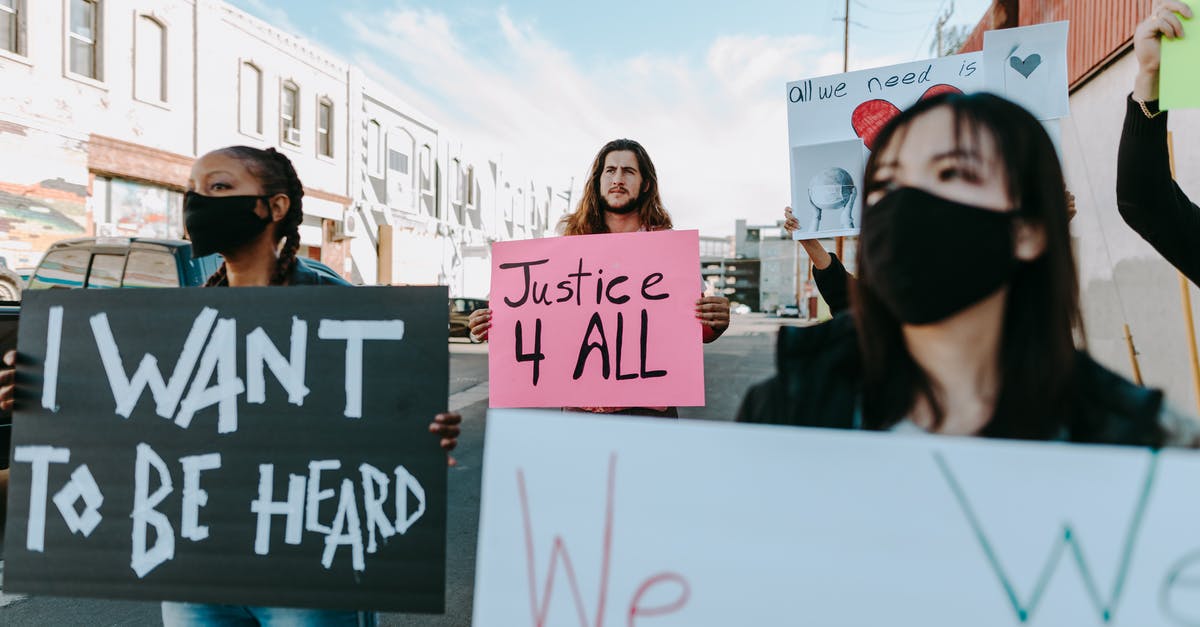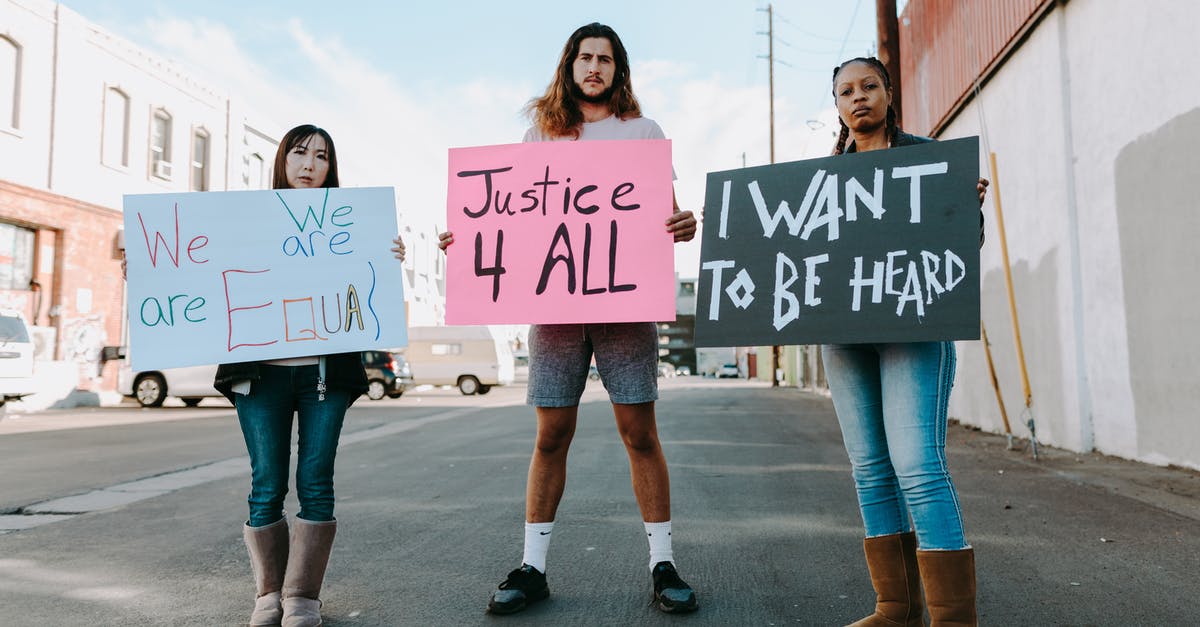As we are all adults here, how do I politely indicate that I need the toilet?

I am from an area where people just say they need the loo to pee or poo. In formal situations, when meeting just strangers, we are a bit less open and call it 'need the toilet' but I know that in other countries they are a lot less open about it.
Small children, at the potty training age, are quite open about what they do and such, but soon they learn the local 'polite' way to say things and it is frowned upon if they even mention the words again.
The words acceptable are likely very clear in the area but likely hard to use for those not brought up in the same culture.
I have heard words as 'nr 1' and 'nr 2' but also some that I could not even understand well enough to remember.
So as a foreign tourist, I know I should not use the words I would use at home, not even in the more polite translations into English.
But what is acceptable?
I get by with asking for the 'ladies' and looking a bit uneasy, but I know it will still be seen as impolite in some societies. In the past I have asked for the bathroom to be shown a bedroom, by the person I was asking not understanding the evation.
Can you tell me what to use and in what situation this is acceptable?
Location and social class might be needed to get a good picture.
To keep this from going too wide, I feel I restrict it to just English speaking countries but I would not mind learning English equivalents for what people use in other language areas.
Best Answer
In the United States, the more polite terms I hear are usually either the restroom or the ladies' room/men's room (always including room). Washroom sounds Canadian to me. British terminology (such as loo) may well be understood but would sound odd.
So, I might ask: "Where's the restroom?" If I already knew, I'd most likely excuse myself without explanation.
BEWARE: In the United States, using the word toilet to mean anything other than the actual porcelain fixture sounds shocking or rude. The difference between British and American English in this regard is quite pronounced. The first time I visited the UK, I was quite surprised to see signs which read "Toilet." You would never see such in the US.
Also, I've encountered people in the UK who don't understand the word restroom, which is usual in the US. So, even within English, there's significant variation from region to region.
P.S.: In the US, bathroom and restroom are synonyms. However, bathroom is more informal, and is more likely to be used in a house than in a public building. Restroom, while more formal, is quite acceptable in all situations and is the best default choice if you're unsure which is the best option. That said, using bathroom in a formal situation would only be a minor gaffe.
Pictures about "As we are all adults here, how do I politely indicate that I need the toilet?"



How do you politely ask for a toilet?
You simply say, \u201cExcuse me, I need to goto the restroom.\u201d, or, \u201cExcuse me, I need to goto the bathroom.\u201d, or, \u201cExcuse me, can I use your restroom?\u201d, or, \u201cPardon me, is there a bathroom nearby?\u201d (like in a store you might use this one).What is the most polite way to say toilet?
'Lavatory' is a good option for people looking for a very formal word to use in very formal occasions.Where is the toilet polite alternative?
An alternative to loo is lavatory, which is something you might hear in higher class circles.nick miller being relatable for four minutes straight
More answers regarding as we are all adults here, how do I politely indicate that I need the toilet?
Answer 2
This question has been asked twice on English SE, the second in a British English context:
- “Toilet”, “lavatory” or “loo” for polite society
- Is there a formal way to say we want to go to the toilet? [closed]
Too summarize that, loo or a bit more polite lavatory would be perfectly fine in the UK, while bathroom can be slightly confusing. People are more direct and also WC and toilet are not deemed inappropriate.
Instead in the U.S. you will find bathroom, washroom or restroom appropriate choices, whereas toilet, lavatory and others are used in slightly different contexts and sound strange if used in your intended context. See this excellent answer here for more details.
This being a basic need of mankind, you will be able to find tons of synonyms, some of them questionable.
If you want to extend your vocabulary, also this blog post might be helpful. Unfortunately it does not distinguish much between British and American English.
Answer 3
If I am looking for the toilet in an establishment I usually ask for the bathroom or the men's/women's room. My understanding is that the term bathroom is perceived as less crude than the word toilet hence why I don't user the latter.
If I am at a formal event, such as a black tie dinner, I usually just say "excuse me" and then stand up and leave. No need for details in this case.
Answer 4
The politest thing to do is to not draw attention to the fact that you need the toilet.
Don't indicate to all and sundry that you need the toilet.
If you need to know where the toilet is, ask where is the toilet/restroom/bathroom/lavatory, please?
If you are desperate to go during a meeting or conversation, quietly excuse yourself at an opportune moment and just say I'll be back in a minute. Everyone doesn't need to know where you are going and what you are doing.
Avoid slang terms.
People know that foreigners sometimes speak a little strangely and use unconventional words occasionally.
Use common sense propriety and nobody will think any the less of you.
Answer 5
I'm Australian. We like directness. Among friends we can be very blunt: "Where's the dunny?"
Among foreigners we tone it down to merely informational and if we think the other person might be offended we use a more discreet low tone and start with a warning about impending directness: "I don't know the local polite form so I'm going to be direct. Where is the toilet, men's room or whatever you call it here?"
You won't offend and you will get two important pieces of information.
Answer 6
Just indicate that you need to wash your hands. That usually gets the idea across in polite society.
Answer 7
It pretty much depends on which part of the world you are in.
Your choice of words could be limited by their command of English and their history (e.g. an American colony in the following example).
I remember arriving to Ninoy Aquino International Airport in Manila, and asking to a member of the airport crew where could I go to the loo, wc, gents, bathroom...and so on, until I hit on the toilet word. "oh, you want to go to the toilet..."
Actually asking for the toilets is not the difficult part, as the habit is pretty universal. The tricky part is the variations in cultures and habits about the cleaning part...
Answer 8
The joys of English mean there's no actual word as such for the room in question. Everything is a euphemism.
a mild or indirect word or expression substituted for one considered to be too harsh or blunt when referring to something unpleasant or embarrassing.
Which means that just about anything on the list is valid.
Americans seem to like Restroom and Bathroom. In the rest of the English speaking world you're likely to be sent to the wrong place in either case as they might think you want a rest or a bath.
In England, in quiet mixed company a question of Where's the um..? will usually get you to the right place. Toilet, lavatory or loo are quite acceptable. Little boys room (if gender appropriate) also quite acceptable in a social setting though might raise a laugh. John, Head, Karzi, Bog, Lav are situational and you'll rarely be in the situation. Crapper is actually well understood but almost never used and if you're among people you know you could just stand up and state that you need to take a slash, which way should you go.
Answer 9
Many years ago, a coworker (new at that time) mentioned to me in a matter-of-fact way that he intends to visit the boys' corner. I was confused and asked him what he meant, to which he translated it as "toilet". I was amused with the realisation! It may not be a polite way of inquiring with the other gender, though!
Sources: Stack Exchange - This article follows the attribution requirements of Stack Exchange and is licensed under CC BY-SA 3.0.
Images: RODNAE Productions, RODNAE Productions, Elina Fairytale, Molly Champion
